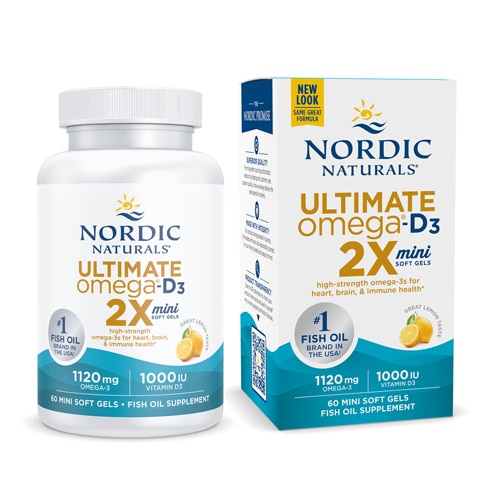If you are pregnant and hoping to give birth to a smart, sharp-eyed baby, you might want to cook up a little salmon right now.
Pregnant women who consume a diet rich in fatty fish boost their child’s brain and eyesight development, according to a study recently published in the journal Pediatric Research.
The study found that eating such a diet helps long-chain polyunsaturated fatty acids shape nerve cells vital to eyesight, especially in the retina. These fatty acids also help form the synapses that transport messages between neurons in the nervous system.
Of course, the pluses of eating certain types of fish have been known for a long time. Among other benefits, a diet that includes regular consumption of fish has been linked to:
- Reduced inflammation
- Improved brain function
- Cell membrane health
- Emotional health
But beware: It’s possible to get too much of a good thing when eating fish. In fact, too much of the wrong type of fish can actually be dangerous to your health.
“Not all fish is the same” says Marcy Kirshenbaum, a Northbrook, Illinois-based certified clinical nutritionist and founder of Enhance Nutrition.
The benefits of eating fish– and the risks
The biggest benefit of eating fish comes from omega-3 fatty acids, Kirshenbaum says. Research has linked these fatty acids to many of the health benefits associated with eating fish.
“I look for the fish that are high in omega-3s,” Kirshenbaum says. “So, those are the fatty fish like wild salmon, herring, sardines.”
Fish are also a good source of protein. However, eating the wrong kind of fish actually can be counterproductive. Some fish are known to carry especially high levels of mercury.
“Stay away from the fish -- like the tuna, the mahi-mahi -- that are really popular, but those are going to be much higher in toxins,” Kirshenbaum says.
Such toxins are held in the flesh of the fish, and ingested by humans. Kirshenbaum notes that people who eat too much of fish high in toxins sometimes are diagnosed with mercury poisoning.
“You’ve got to be careful about the fish you’re taking in, because of the toxins,” she says. “So, that’s why you want to limit that, especially for pregnant women.”
Safely adding fish to your diet
To avoid such toxins, Kirshenbaum recommends eating “a lot of the smaller fish.”
“Those have less toxins in them because they are much lower on the food chain,” she says.
In addition, it’s generally best to limit your intake of fish to about twice weekly just to be safe. Eating fish known to have higher mercury levels should be a rare treat.
“If you’re choosing tuna, I wouldn’t choose it twice a week,” she says. “I would choose it maybe twice a month.”
For those on a pescatarian diet, eating fish just twice a week might not be realistic. She urges pescatarians to be careful and to choose more healthful fish if they are going to eat fish more than twice weekly.
“You want to really watch the toxins,” Kirshenbaum says.
Developing an appetite for fish
Although fish generally is good for you, many people do not enjoy eating it. If you are among that group, start by eating a milder-tasting fish, such as trout or cod, Kirshenbaum says.
“A lot of the fish that are milder are not the best fish for you,” she says.
Still, eating a bit trout or cod with some herbs and spices can get you comfortable with eating fish. From there, you can try something less mild but more healthful, such as salmon.
Kirshenbaum says the best time to eat salmon is in the summer, when there is a “huge abundance” of Alaskan wild salmon.
“It’s going to be fresh, and it usually has a bit of a milder flavor to it,” she says.
When you eat fish, try to make sure it is wild. If the fish comes from a farm, find out what types of food the fish was fed. Look for fish that has good color, and eyes that are clear rather than cloudy. Clear-eyed fish are more likely to be fresh.
“My big thing is the quality of the fish, because there is so much bad fish out there,” she says. “People think they are doing themselves a favor by eating fish, but they’d (often) be better off not eating it because the quality is so poor.”




